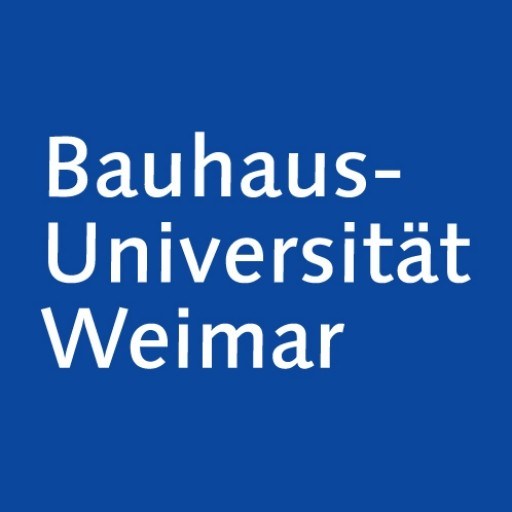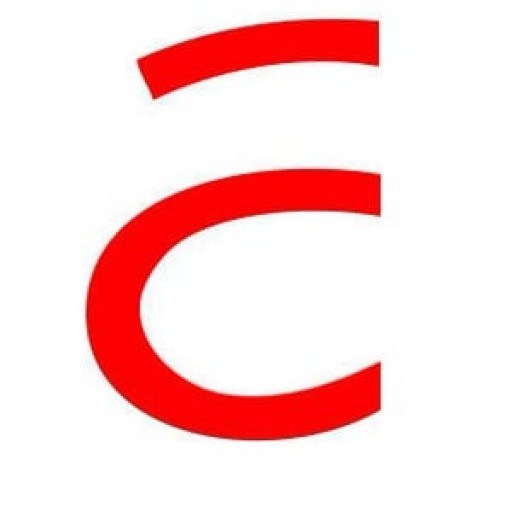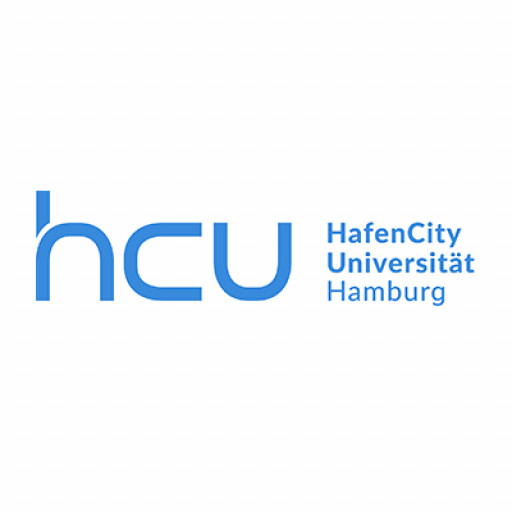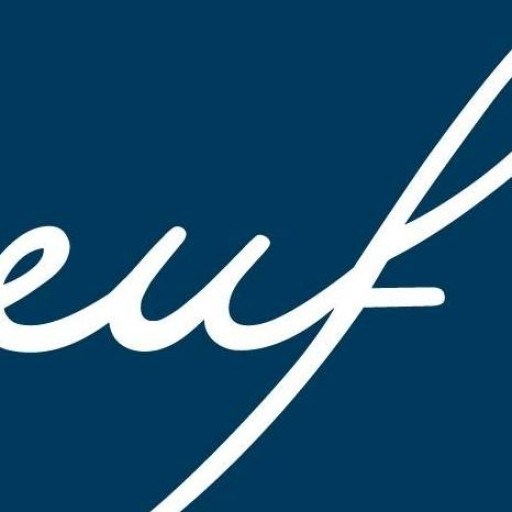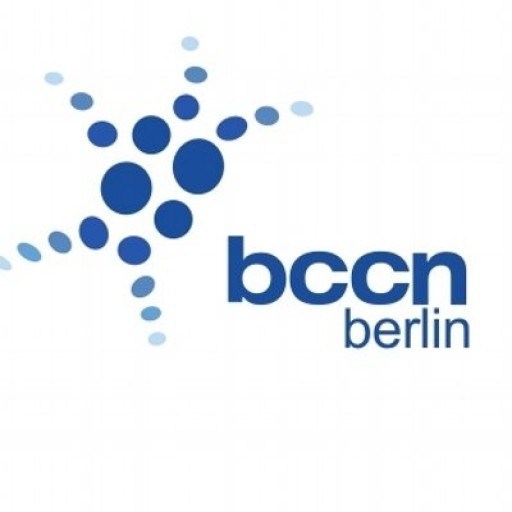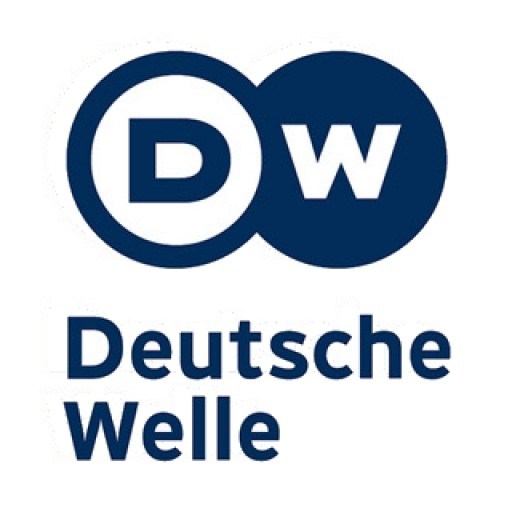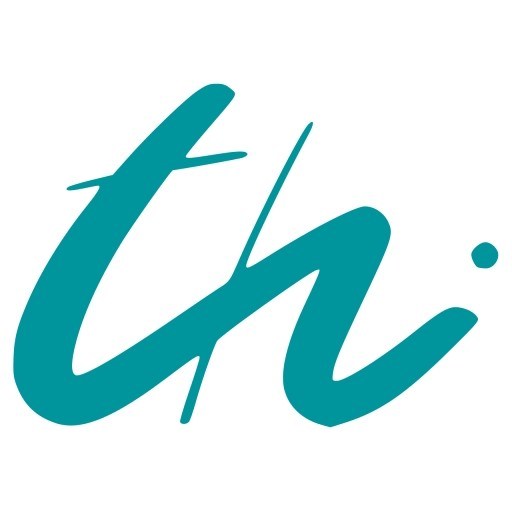Photos of university / #bauhaus_uni
The Master’s degree programme in Media Architecture at Bauhaus-Universität Weimar offers an interdisciplinary and innovative approach to designing, developing, and implementing integrated media environments within architectural contexts. This programme is designed for students who are interested in exploring the intersection of architecture, media technology, interaction design, and urban planning to create smart, interactive spaces that respond to human needs and environmental conditions. Throughout the programme, students gain comprehensive knowledge and practical skills in conceptualizing and realizing media-driven architecture projects, including digital façades, interactive installations, augmented reality applications, and intelligent building systems.
The curriculum combines theoretical foundations with hands-on experimentation, encouraging students to develop innovative solutions for contemporary urban and architectural challenges. Students learn about the latest developments in media technology, sensors, programming, and user experience design, enabling them to craft dynamic spaces that integrate digital content seamlessly into physical environments. Collaboration with industry partners, workshops, and real-world projects provide students with valuable insights into current professional practices and facilitate the development of a robust portfolio of media architectural prototypes.
The programme emphasizes an interdisciplinary approach, drawing on expertise from architecture, design, computer science, engineering, and media studies. This diversity fosters critical thinking and creativity, essential for pushing the boundaries of traditional architecture and exploring new media opportunities. Graduates of the Media Architecture programme are equipped to work in a range of fields, including architectural firms, media agencies, urban planning departments, and research institutions, where they can contribute to the development of innovative media-based environments for public spaces, commercial buildings, and cultural institutions.
With its strong focus on research, innovation, and practical application, the Media Architecture Master’s degree at Bauhaus-Universität Weimar prepares students to become leaders in the evolving field of media-enriched architecture. The programme’s unique integration of technology, design, and architecture positions graduates at the forefront of creating intelligent, interactive environments that enhance human experiences, foster community engagement, and shape future urban landscapes. Whether developing digital façades that respond to environmental stimuli or designing interactive installations for public participation, students emerge prepared to influence the future of space and media integration in a rapidly changing digital world.
Educational organisation
In the MediaArchitecture course of studies, three main instructional forms are offered: design projects, seminars, and lectures.The project module is central to the study programme. The project structure enables exemplary work on open presentation of problems. Here you will already find the elective choice between a more theoretical and a more design-practical orientation. The importance placed on both theory and practice can be determined by the student. Plenum, individual consultations and presentations structure the project module. Work in interdisciplinary project groups allows you to experience the cross-over learning method and strengthens your skills for interdisciplinary teamwork. Project consultations are offered in an interdisciplinary manner by professors from both the architecture and the media faculties.
An alternative to the projects set by the respective professors is a "free" project topic, which is developed by the student him/herself but is carried out under the guidance of the instructors in the appropriate area of studies. In this way, active participation of the students in the shaping of the study programme is encouraged.
Theory and subject modules supplement the course offer as elective requirements. They make a more theoretical or a more design-practical orientation possible. Methodical as well as conceptional skills and the use of tools in close connection with concrete tasks and questions can be acquired in such a manner. This generally takes place in lectures, seminars and specialised courses.
Differentiated - in accordance with the focus of the topic horizon - elective requirements supplement the course offering. They are offered by the faculties of architecture, media, and design. Furthermore, additional language courses can be attended.
First semester:
Project module I serves as an in-depth introduction to the six areas of instruction as well as an orientating examination of the problems peculiar to the course of study. As a result, it is divided into three project parts that comply with the study areas of the participating professors. An accompanying interdisciplinary, team-taught lecture series by the involved professors serves to provide an introduction and a deeper understanding of the respective study areas.
Second semester:
Project module II serves as a continuative project development in the research profile of the studies. It is supplemented by a project-related, specialised course. Theory and subject modules allow for alternatively academic or practically oriented work within an independent topic focus or in addition to the project. The elective requirements supplement the course offer. The second semester offers the opportunity in its detailed orientation for study.
Third semester:
Project module III serves as a continuative project development in the research profile of the studies. It is supplemented by a project-related, specialised course. Theory and subject modules allow for alternatively academic or practically-oriented work within an independent topic focus or in addition to the design project. The elective requirements supplement the course offer. The third semester offers the opportunity in its detailed orientation for study or an exchange with one of the international project partners or for an internship.
Fourth semester:
The fourth semester is reserved for completion of the Master's thesis. A monthly colloquium accompanies the thesis work.
Double-degree Master's study programme "International MediaArchitecture Master's Studies" (IMAMS): interdisciplinary, integrated, double-degree Master's programme lasting two years. Students will study two semesters at Weimar and two semesters at Buffalo University, SUNY.
Double-degree Master's study programme "Interactions and Interfaces for Digital Environments" (IDE): interdisciplinary, integrated, double-degree Master's programme lasting two years. Students will study two semesters at Weimar and two semesters at Tongji University, Shanghai.
Study abroad unit(s)
Students in the "regular" Master's programme can spend one to two semesters abroad - for studies or an internship, e.g. at one of the many partner universities of Bauhaus-Universität Weimar.For students of the double-degree programme IMAMS and the double-degree programme IDE, a study abroad period of two semesters at the partner universities is obligatory.
Internships
No compulsory internships, but internships are recommended.Forms of assessment
Credits are earned through written and oral exams as well as project presentations.The written Master's thesis (theoretical or project-based) and final exam (oral) of 120 ECTS points must be completed during the last semester.
Course objectives
Due to the integrative design of the programme, MediaArchitecture opens professional opportunities not only in the fields of architecture (including conference, event and film architecture), stage, media and orientation system design, but also in the areas of knowledge, production, and image representation, and even in city and civil engineering offices.The Master's programme provides students with instrumental as well as conceptional skills:
technical mastering of advanced media tools in the context of architecture (construction, presentation, simulation programmes), use of new digital technology in space and its interaction with architectural considerations (intelligent building, media façades, etc.), complex understanding of architecture as a medium as well as the media of architecture (theories of architecture, media, art), ability for interdisciplinary cooperation between media artists, architects and art academics, development of rhetorical skills, critical skills, generation of innovative approaches, etc.
Language requirements
Applicants for the Master's degree programme "MediaArchitecture" must prove that they have an adequate command of German and English.Proof of either very good German (at least level B2 certified by DSH-1 or TestDaF 4xTDN 3) or alternatively very good English and good German language skills (English at level B2, German at level B1) is necessary.
Applicants whose mother tongue is neither English nor German are required to provide proof of these skills. Exceptions to one of the above can be made if an applicant has earned a Bachelor's degree at a university in a German- or English-speaking country.
For the integrated study programmes "International MediaArchitecture Master Studies" (IMAMS) and "Interactions and Interfaces for Digital Environments" (IDE), proof of proficiency in English is compulsory, e.g. TOEFL (PBT 550, CBT 213, iBT 79-80), IELTS (not older than two years, minimum score 6.0, each part at least 5.5).
Required DSH / TestDaF
YesAcademic requirements
Students must either hold a relevant degree or equivalent certificate in architecture, media or related fields with a scientific or artistic/design-oriented degree (Bachelor's, Master's, or "Diplom") and have equivalent professional experience. Additionally, students must pass the aptitude test.Officially certified copies and a certified German translation of all degree certificates must be submitted with the application.
Enrolment fees
Approx. 160 EUR per semester. This is a contribution to student services and the student council. It further includes free regional transport, student discounts for meals at the university cafeteria, and theatre and museum tickets as well as many other activities. The additional fee for the student ID ("Thoska") is 20 EUR (one-time only fee).Costs of living
In Weimar, living expenses tend to be lower than in larger German cities. We recommend that students budget at least 700 EUR per month.Job opportunities
Students are supported as much as possible within institutional limitations in their individual endeavours to find jobs and internships. We recommend that students plan their finances prior to their studies and not rely on additional earnings.Funding opportunities within the university
- University Scholarship Programme for International Students
- Scholarship Programme of the Association for Sponsorship of Students of Bauhaus-Universität Weimar
http://www.uni-weimar.de/en/university/international/to-weimar/scholarships/
Arrival support
International Officeinternational-office@uni-weimar.de
Phone 1: +49 (0) 36 43-58 23 63
Phone 2: +49 (0) 36 43-58 23 73
Fax: +49 (0) 36 43-58 23 75
http://www.uni-weimar.de/international
Address for visitors:
Campus.Office
Geschwister-Scholl-Straße 15
99423 Weimar
Germany
Weimar International Network (WIN)
Information, services and buddy programme for international students prior to arrival
http://www.uni-weimar.de/projekte/win/
Services and support for international students
Academic support and counselling office: Faculty of Architecture, Dr Sabine ZieroldE-mail: sabine.zierold@uni-weimar.de
Phone: +49 (0) 36 43-58 31 61
Fax: +49 (0) 36 43-58 31 09
International Counsellor
Dr Bernd Stratmann
E-mail: bernhard.stratmann@uni-weimar.de
Phone: +49 (0) 36 43-58 26 44
International Office
international-office@uni-weimar.de
Phone 1: +49 (0) 36 43-58 23 63
Phone 2: +49 (0) 36 43-58 23 73
Fax: +49 (0) 36 43-58 23 75
http://www.uni-weimar.de/international
Address for visitors:
Campus.Office
Geschwister-Scholl-Straße 15
99423 Weimar
Germany
Weimar International Network (WIN)
http://www.uni-weimar.de/win
WIN is an online platform of services for international students in Weimar. It offers useful information and events, fosters contact between international and German students and provides orientation for newcomers to Bauhaus-Universität Weimar.
WIN offers helpful advice, links, and contact information. You can also register to participate in cultural exchange programmes and subscribe to the monthly newsletter "curious@bout Weimar." The calendar contains information about upcoming international events in Weimar and the surrounding region.
WIN is a project of the International Office of Bauhaus-Universität Weimar, coordinated in cooperation with student services Thüringen and the student initiative Bauhaus Internationals.
Accommodation
The "Studentenwerk Thüringen" (student services Thuringia) administers approx. 1,100 apartments in Weimar. Monthly rates vary from 105-280 EUR. The university itself does not provide accommodation.E-mail: wef@stw-thueringen.de
Phone: +49 (0)3 61-7 37 18 21
Visiting address: Weimar, Marienstraße 15 a
Website: http://www.stw-thueringen.de
Application: https://tl1host.de/SWJ/?lang_id=2
Typically, up to five students share living quarters. Students have their own bedrooms and share a kitchen and a bathroom. Most rooms are furnished (bed, desk, chair, cupboard, shelf), but kitchenware and appliances are not included. Mentors for international students provide assistance in settling in during the first couple of days and also organise events.
Students advertise private and shared flats on the university website ("Pinnwand"): http://www.uni-weimar.de.
